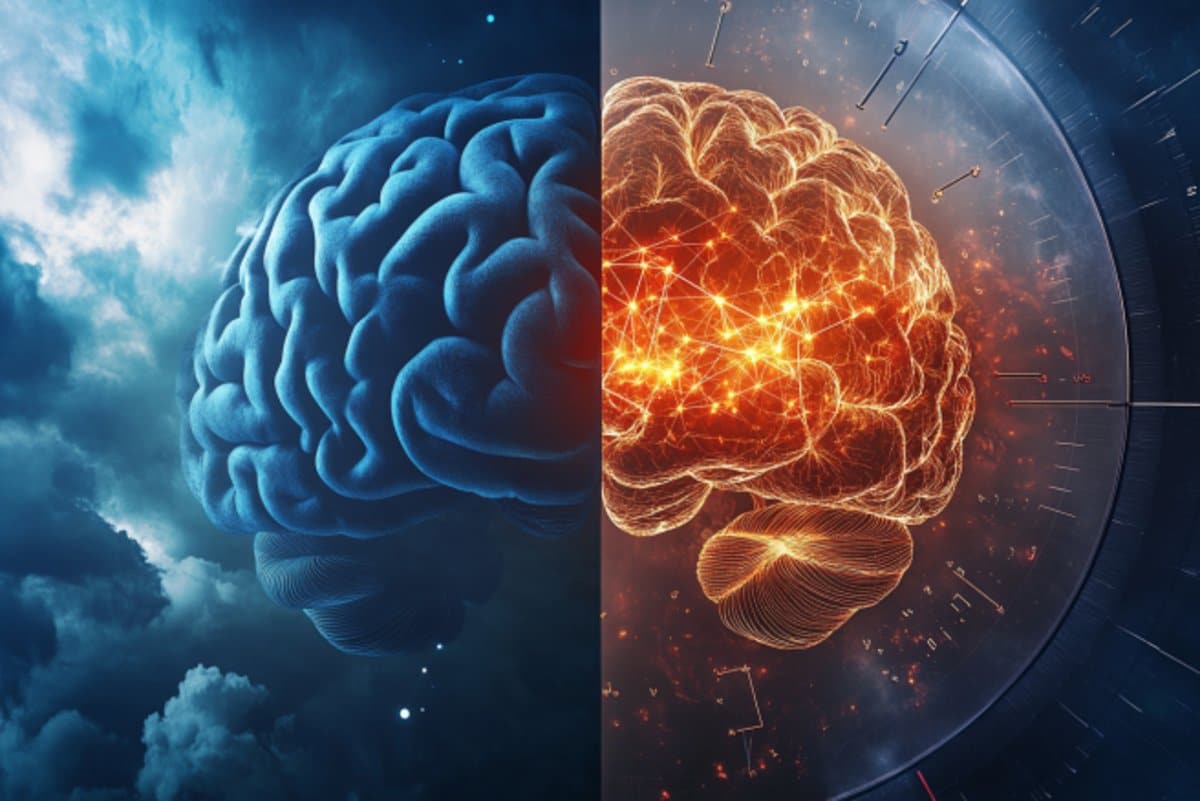Enhancing Ketamine’s Antidepressant Effects for Longer Relief
Understanding Ketamine’s Antidepressant Action
Ketamine has emerged as a groundbreaking treatment option for those suffering from MDD. Unlike traditional antidepressants, which can take weeks to show effects, ketamine works within hours. It targets the NMDA receptors in the brain, leading to rapid mood elevation. Yet, the challenge remains that its benefits are short-lived, generally wearing off within days.

Recent Advances in Prolonging Effects
Researchers are now focusing on methods to extend ketamine’s therapeutic benefits. Recent studies have proposed combining ketamine with adjunctive treatments, such as cognitive behavioral therapy (CBT), to sustain its antidepressant effects. Additionally, low-dose, repeated administrations are being explored as a method to prolong the symptom relief without increased side effects.
A report published in the National Institutes of Health outlines these innovative approaches. Moreover, exploratory studies such as the ones at ClinicalTrials.gov continue to shed light on new methodologies.
Voices from the Field
“The journey to extend ketamine’s antidepressant effects is like a beacon of hope for patients who have not found relief with existing treatments. It represents a paradigm shift in the way we treat severe depression.” — Dr. Erica Alston, Psychiatry Advisor
How This Research Impacts Treatment
For healthcare providers, these advancements suggest a potential shift in treatment protocols, particularly for patients with treatment-resistant depression. The possibility of longer-lasting relief could reduce the frequency of healthcare visits and improve the overall quality of life for patients.
Practical Applications and Future Directions
- Incorporating adjunct therapies such as mindfulness and CBT.
- Utilizing wearable technology to monitor mood changes.
- Implementing digital platforms to track treatment efficacy over time.
- Exploring genetic markers that might predict response to ketamine.
These strategies highlight the importance of a multidisciplinary approach in managing complex mental health conditions.
Continued Innovations in Depression Treatment
The future of depression treatment looks promising with the rise of ketamine as a therapeutic option. As ongoing research continues to unlock its full potential, the hope is that one day, conditions like MDD could be controlled, if not entirely alleviated. For patients awaiting these advancements, the promise of more sustained relief can be a lifeline.
For more insights and continuous updates on this topic, follow leading experts on platforms such as LinkedIn and other professional networking sites.
